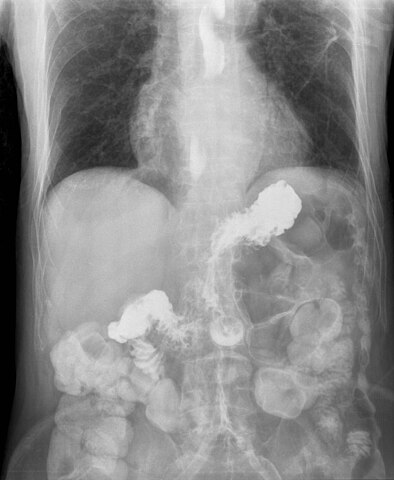Gastroenterologists are medical specialists who diagnose and treat a wide range of digestive disorders. Here are five common digestive disorders and how a gastroenterologist can help:
Gastroesophageal Reflux Disease (GERD):
- Symptoms: Frequent heartburn, regurgitation, chest pain, difficulty swallowing.
- How a Gastroenterologist Can Help: Gastroenterologists can diagnose GERD through various tests like endoscopy and pH monitoring. They prescribe medications to reduce stomach acid, recommend lifestyle modifications, and perform surgical interventions if necessary.

Irritable Bowel Syndrome (IBS):
- Symptoms: Abdominal pain, bloating, diarrhea, constipation, changes in bowel habits.
- How a Gastroenterologist Can Help: Gastroenterologists diagnose IBS based on symptom patterns and sometimes perform additional tests. They work with patients to develop personalized dietary and lifestyle strategies and may prescribe medications to manage symptoms.
Inflammatory Bowel Disease (IBD):
- Symptoms: Chronic diarrhea, abdominal pain, weight loss, fatigue.
- How a Gastroenterologist Can Help: Gastroenterologists differentiate between Crohn’s disease and ulcerative colitis (the two main types of IBD) using endoscopy, imaging, and lab tests. They prescribe medications to reduce inflammation, manage symptoms, and may recommend surgery in severe cases.
Celiac Disease:
- Symptoms: Digestive issues, weight loss, fatigue, skin rashes (dermatitis herpetiformis).
- How a Gastroenterologist Can Help: Gastroenterologists diagnose celiac disease through blood tests and confirm it with a small intestine biopsy. They provide guidance on adopting a strict gluten-free diet and monitor patients for nutritional deficiencies.
Colorectal Cancer:
- Symptoms: May not have symptoms in the early stages; later stages can present with rectal bleeding, changes in bowel habits, abdominal pain.
- How a Gastroenterologist Can Help: Gastroenterologists perform screening tests like colonoscopy to detect colorectal cancer early. They can also perform biopsies and remove precancerous polyps during colonoscopy.
In addition to these conditions, gastroenterologists are trained to diagnose and treat various other digestive disorders, including hepatitis, gallbladder disease, pancreatitis, and more. They use a combination of medical history, physical examination, diagnostic tests, and procedures to provide accurate diagnoses and comprehensive treatment plans.
Consulting a gastroenterologist is crucial if you are experiencing persistent or severe digestive symptoms. Early diagnosis and appropriate treatment can help manage symptoms, improve your quality of life, and prevent complications related to digestive disorders. Regular screenings and check-ups are also essential for detecting conditions like colorectal cancer in their early, more treatable stages.












